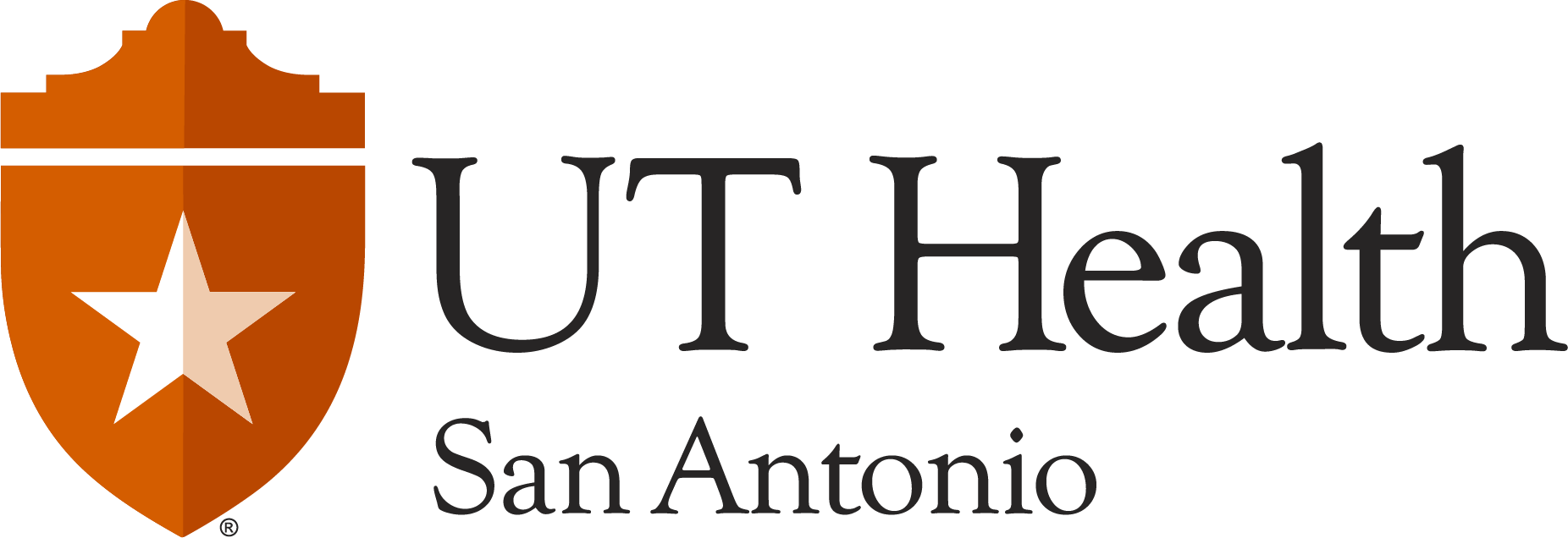Initial Evaluations After Diagnosis
Initial evaluations after diagnosis:
- Ophthalmology
- Strabismus –75%
- Esotropia–17%
- Accommodative –30%
- Infantile –21%
- Acquired non-accommodative –8%
- Intermittent –8%
- Esophoria –4%
- Intermittent exotropia –4%
- Refractive errors –71%
- Myopia –17%
- Hyperopia –33%
- Astigmatism –25%
- Anisometropia–17%
- Audiology / Otorhinolaryngology
- Hearing loss –32%
- Conductive, sensorineural, and mixed hearing loss have all been reported
- Recurrent otitis media –57%
- Small or narrow ear canals –42%
- Laryngomalacia–2%
- Hearing loss –32%
- Genitourinary
- Cryptorchidism –63%
- Hypospadias –7%
- Urinary tract anomalies –28% (horseshoe kidney and bladder diverticuli, small kidney, renal cyst, hydronephrosis, vesicoureteral reflux varying degrees)
- The actual incidence of kidney abnormalities may be higher than reported in the literature as abdominal ultrasounds have not been performed on all individuals
Immediate Referrals to:
- Genetics
- Referral to genetics is appropriate to review the condition, its management, and implications for other family members
- A minority of parents of children with Tetrasomy18p have a chromosome abnormality
- There have been case reports of parents with mosaicism or with some type of chromosome rearrangement
- Early intervention/developmental services
- All children with chromosome 18 abnormalities have a significant risk for developmental delay and intellectual disabilities. Prompt referral to a program the includes physical, occupational and speech therapy is important in order maximize their development
- 100% with Tetrasomy18p have developmental delay
- 100% have muscle tone abnormalities that may benefit from physical therapy
- 100% have intellectual disability, though the degree of severity varies
- Referral to Chromosome 18 Registry & Research Society
- The Chromosome 18 Registry is a parent support organization that provides family members with the opportunity to meet and learn from those who have gone before them. These are complex conditions to manage even in the least affected children, making the establishment of a network of support a crucial component for maximizing the affected child’s potential. The Registry has annual national and international conferences, regional get-togethers and social media outlets, all with programs for parents, siblings and affected adults. The Registry works closely with and financially supports the Chromosome 18 Clinical Research Center. (www.chromosome18.org)
- Referral to the Chromosome 18 Clinical Research Center
- The goal of the Chromosome 18 Clinical Research Center is to make the chromosome 18 abnormalities the first treatable chromosome abnormalities. Anyone with any chromosome 18 abnormality is eligible to enroll and encouraged to enroll. Once enrolled, participants have the opportunity to be involved in longitudinal studies of developmental progress, and when available, other studies that could include surveys or treatment trials. Families enrolled in the Research Center will also be the first to know new information about the conditions when it becomes available. Enrollment is a key part of proactive clinical management.

